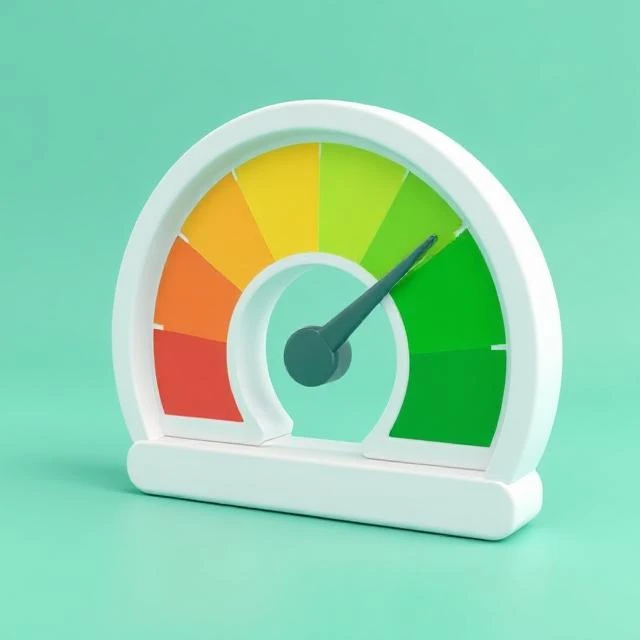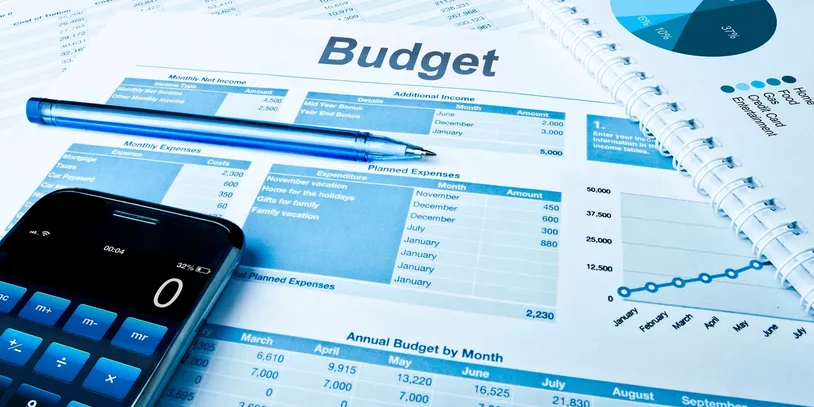Keeping Your Finances in Order: Understanding the World of Credit Scores
In a world where financial reliability is paramount, how aware are you of your credit score’s influence on your financial opportunities? Understanding credit scores is a crucial aspect for anyone seeking loans or merely wishing to maintain financial health. Credit scores, numerical representations of your creditworthiness, determine not only the kind of credit available to you but also influence interest rates and approval chances. Grasping how these scores are calculated can empower you with the knowledge to improve and maintain them, ensuring better financial prospects.
How Are Credit Scores Calculated?
Credit scores are complex figures derived from several key factors in your financial history. The primary determinants include payment history, amounts owed, length of credit history, new credit, and credit mix.
| Factor | Weight | Description |
|---|---|---|
| Payment History | 35% | Timeliness of payments on credit accounts |
| Amounts Owed | 30% | Current debt level relative to credit limit |
| Length of Credit History | 15% | How long accounts have been open |
| New Credit | 10% | Number of recently opened credit accounts |
| Credit Mix | 10% | Variety of credit types used |
Each factor plays a different role, with payment history taking the lion’s share at 35%, reflecting how vital timely payments are. The total amount owed follows closely, indicating how much debt you carry compared to your available credit, which reflects on your willingness and ability to pay back borrowed funds. Additionally, the length of your credit history, types of credit in use, and the number of new credit inquiries also significantly impact your score, offering lenders a glimpse into your overall financial behavior.
“Your credit score is a numerical representation of your financial reputation.” – Anonymous
How to Improve Your Credit Score

Improving your credit score is not just about applying quick fixes; it involves a committed effort over time. Start by establishing a routine of paying bills on time, regardless of the amount. Developing a comprehensive budget to manage and reduce debts is crucial as it systematically lowers balances while avoiding accumulating more. Diversification of your credit profile can also help; having a mix of credit cards, installment loans, and retail accounts shows responsibility across various credit types.
Continually assess your credit report for inaccuracies. Addressing and disputing errors with creditors or credit bureaus can remove unjust negative marks. If you struggle to manage credit wisely, consider seeking financial counseling to create a tailored plan for managing and effectively reducing debt.
Keeping up these practices not only ensures a healthy credit score but also builds a sound financial foundation for the future.
How Long Does It Take to Raise Your Credit Score?
Credit scores do not improve overnight but are rather a reflection of consistent, responsible financial behavior over time. Typically, meaningful improvements in your credit score can take several months to a year. Quick improvements can occur by resolving errors on your credit report or reducing utilization ratios, but to establish a robust credit score, patience, and commitment to sound financial practices are necessary.
Transitory impacts such as late payments or sudden spikes in debt can decrease a score rapidly but recovering from them requires demonstrating disciplined financial behavior over an extended period. Additionally, certain strategies like consistently making timely payments or continuing to reduce debt contribute to gradual improvements.
Learn More About Your Credit Score!
Understanding your credit score is only the beginning of developing strong financial acumen. Dive deeper into credit management by learning the nuances of different types of credit, the impact of your credit behavior, and how financial institutions view your creditworthiness. Utilize available tools and resources to track your credit and ensure you are consistently informed and empowered to make sound financial decisions. Financial literacy extends beyond credit scores, but mastering them is a significant first step in enhancing your overall economic stability.
FAQ – Common Doubts
What is a good credit score range?
A good credit score is typically considered to be between 670 and 739.
How often should I check my credit report?
You should check your credit report at least once a year to ensure accuracy and track changes.
Can paying off a loan early improve my credit score?
Paying off loans can lower your credit utilization and demonstrate responsibility, positively impacting your score.
Do utility payments affect my credit score?
Generally, utility payments do not impact your credit score unless they become delinquent and are sent to collections.
Will closing a credit card affect my credit score?
Closing a credit card can impact the length of your credit history and utilization ratio, potentially lowering your score.
Bottom Line
Navigating the intricacies of credit scores and how they impact your financial world can be transformative. While some factors require long-term habits to affect change significantly, employing quick strategies can certainly push your score in the right direction. Regularly monitoring your credit report, maintaining a good mix of credit, making timely payments, and staying within optimal credit utilization levels are pivotal.


